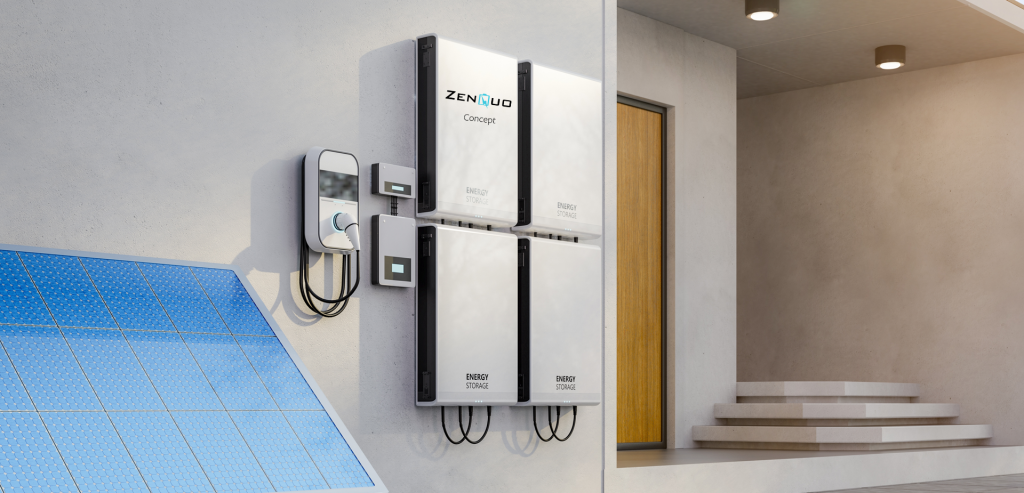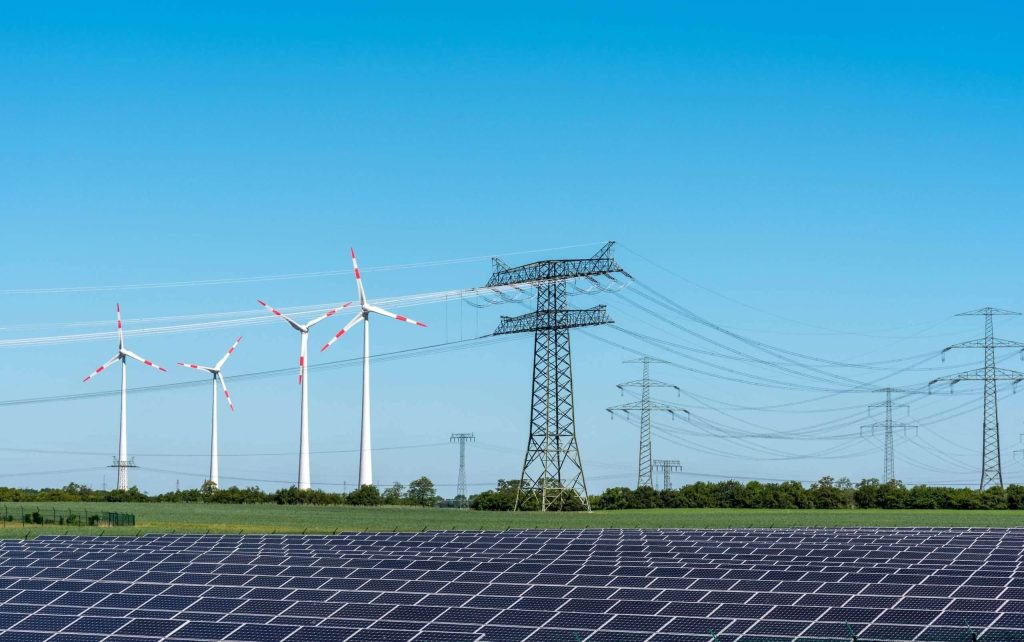Chief Investigators
Dr Fiacre Rougieux (UNSW)
Dr Ibrahim Ibrahim (UTS)
Chris Martell (GSES)
Purpose of project
Australia is rapidly transitioning to renewable energy, with solar power playing a key role. However, the performance of rooftop solar photovoltaic (PV) systems, especially for the commercial and industrial sectors, is often hindered by issues such as component degradation, shading, and grid instability. This project aims to develop advanced diagnostic tools using data analytics and machine learning to enhance PV system reliability and safety, reduce operational costs, and maximise energy yield.
By addressing these challenges, we can accelerate solar adoption, ensure grid stability, and drive down energy costs for Australian businesses.
Impact of project
Current PV diagnostic systems provide only high-level insights, limiting their effectiveness. This research project offers detailed fault detection and actionable insights, allowing for proactive maintenance and optimisation. Unlike conventional monitoring tools, our approach will enable a much more granular fault detection and diagnosis with directly actionable information. In the short term, this will increase solar system reliability, reduce maintenance costs, and improve energy output. By 2035, the project aims to generate up to $179.5 million in customer savings and cut 2.3 million tonnes of CO₂ emissions annually. The broader impact includes greater confidence in solar investments, enhanced grid integration, and positioning Australia as a global leader in renewable energy solutions.
The output of this project will be a diagnostic and fulfillment tool which would be of interest and applicability to a diverse group of industry stakeholders, including solar system operators, utility companies, researchers, green investors and insurers, policy makers and equipment manufacturers. Key partners include major Australian businesses as well as councils and government agencies. Through collaboration, we aim to drive innovation, enhance energy productivity, and contribute to a sustainable, low-carbon future for Australia.
Work packages
- Dynamic Performance Re-Baselining
Adaptive recalibration of system performance baselines through algorithmic detection of latent or structural underperformance modes (eg permanent shading, clipping) ensuring alignment with stakeholder-defined performance expectations.
- Zero-Input Parameter Inference Engine
Deployment of an autonomous extraction model leveraging metadata and signal analysis to infer key operational characteristics without reliance on user-provided input, enabling seamless model scalability and reduced onboarding friction.
- Fault Code Correlation Framework
Integration of a multi-tiered, time-series-based error code indexing system to enrich machine-learning-derived fault classifications with contextual device-level diagnostic information, improving classification precision and fault resolution traceability.
- Distributed Event Correlation via Peer-to-Peer Intelligence
Development of an anomaly detection model for synchronising grid-side disturbances, incorporating peer asset telemetry to isolate distribution network service provider (DNSP) incidents, site-specific AC anomalies, and local grid compliance deviations.
- Global Meteorological Data Assimilation
Implementation of high-resolution, globally sourced weather datasets into a retrospective performance evaluation framework to enhance model accuracy, normalise irradiance-based predictions, and support platform scalability across diverse geographies.
- Multi-Variant Risk Profiling for Fire Hazard Detection
Construction of a composite fire risk detection model employing both medium-term (minutes to hours) and long-term (days to months) telemetry to capture transient and systemic precursors of thermal events using multivariate analysis across electrical, environmental, and operational indicators.
Project partners – industry and research
UNSW (Lead), UTS (Co-lead), Green Peak Energy, GSES
Status
- In Progress
Project Leaders
- Fiacre Rougieux, UNSW
- Ibrahim Ibrahim, UTS
- Chris Martell, GSES
Completion Date
September 2026
Project Code
0758






